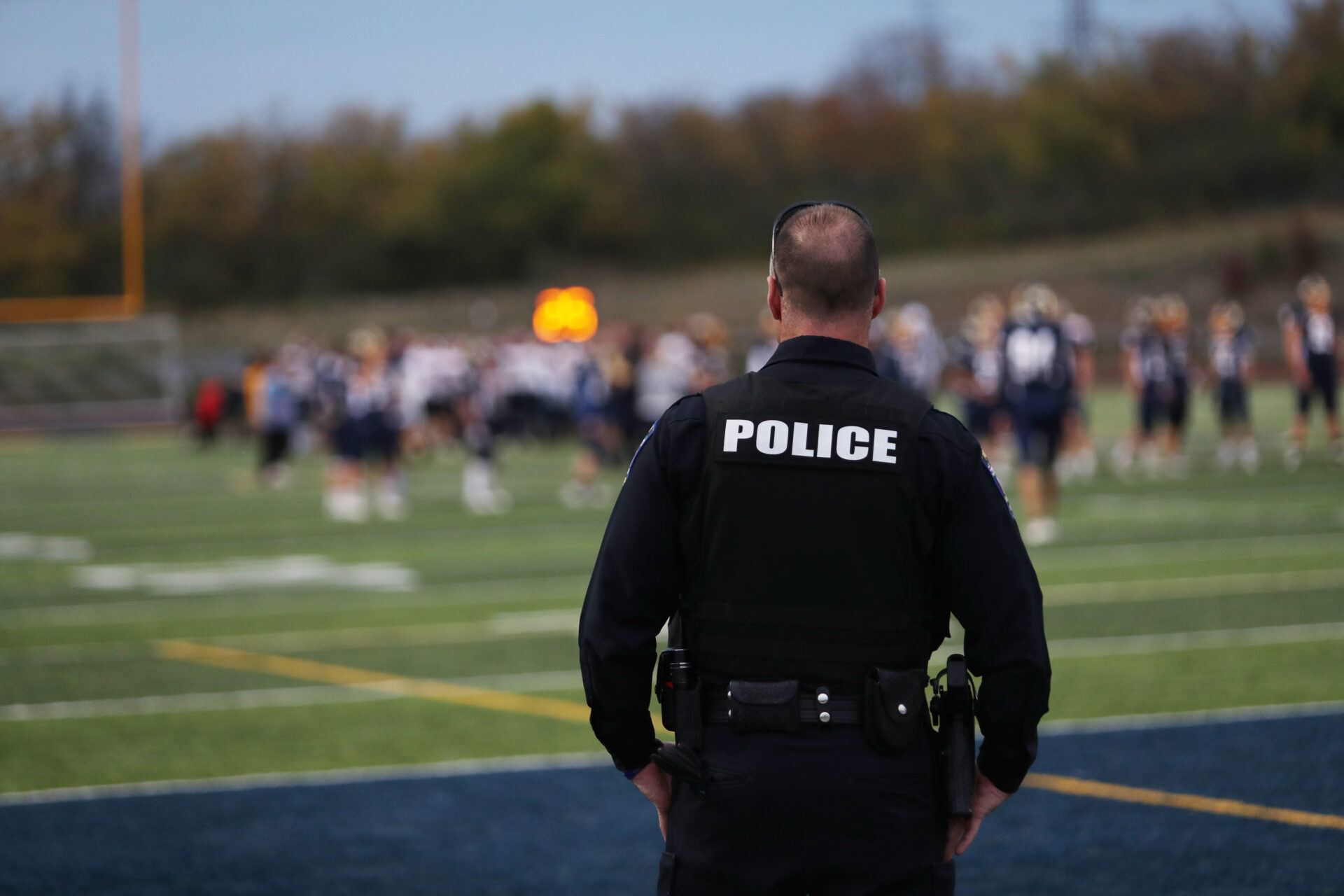“My work is when there are allegations of fraud, waste, abuse, mismanagement, and maybe even matters that rise to a level of criminal investigation,” Honaker said.
As a House of Delegates member in the 2023 general session, Mike Honaker, R-Greenbrier, said he had no idea in voting for House Bill 3360, to create the Office of the Inspector General in the Department of Homeland Security, that he would end up holding that position.
“Absolutely not,”’ Honaker said. “It was never discussed, and never occurred to me.”
Appointed by Gov. Jim Justice, Honaker said his primary duty is to conduct inquiries and, where needed, full scope investigations.
“My work is when there are allegations of fraud, waste, abuse, mismanagement, and maybe even matters that rise to a level of criminal investigation,” Honaker said. “Those investigations would be conducted in conjunction with the appropriate law enforcement agency if that were something that was necessary.”
Honaker is Inspector General for all the agencies that are under the umbrella of the Department of Homeland Security. Those include West Virginia State Police, Division of Corrections, Fire Marshal’s Office, Parole Board, the Division of Emergency Management, the Division of Justice and Community Services. He says there’s “about somewhere north of 5000 employees” in Homeland Security positions.
Honaker said he will work with the Corrections Inspector General on the many allegations and lawsuits facing that department and conduct his own prison inspection tour.
“I’m going to be traveling around and personally visiting some of the prisons and jails and looking at the actual conditions there to make sure that we’re doing the right thing,” he said. “There is obviously pending litigation, so we are constantly reviewing that information as it comes in to see if there are more things we need to be doing or looking at to make adjustments.”
He hopes to create an internal homeland security fraud, waste, and abuse hotline.
“So that employees within organizations that maybe see things that they would not otherwise be comfortable reporting, they could do that anonymously,” he said.
Honaker said he will let the State Police investigations run their course, not ruling out any reviews.
“I don’t think there’s any cause for me to become involved because those investigations have been taking place for some months now,” Honaker said. “They are being appropriately investigated. There could be some cases that we would go back and review to maybe make sure they were handled appropriately with the previous administration.”
Honaker plans to conduct staff inspections of all departments and agencies, to ensure accountability.
“Are there checks and balances? Are there systems of accountability to make sure that these things are not occurring in agencies, whether it’s mismanagement of money or fraud, waste or abuse,” Honaker said. “We would only know that by actually sitting down with employees, reviewing files, interviewing employees, about their position.”
Honaker said he will report investigation findings to Justice and Homeland Security Secretary Mark Sorsaia. He said he will not determine guilt or innocence.
“What I will fully do is conduct thorough, complete, fair, impartial investigations, to determine the facts and to produce reports that would allow the Secretary or the governor to make logical conclusions as to whether the allegations are substantiated or not,” he said. “I have no interest in being anything less than completely fair and impartial.”
